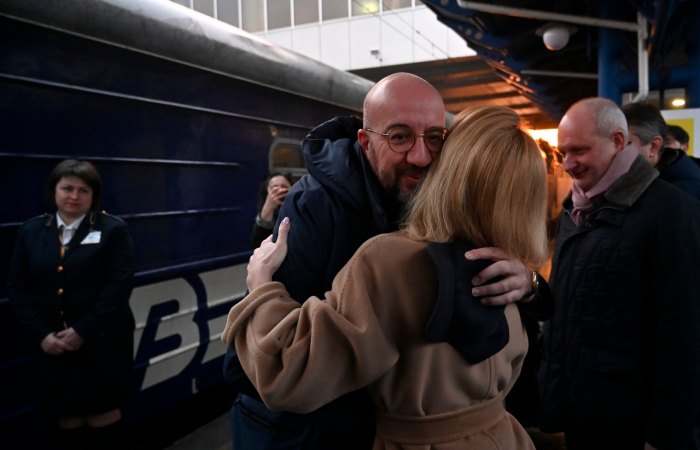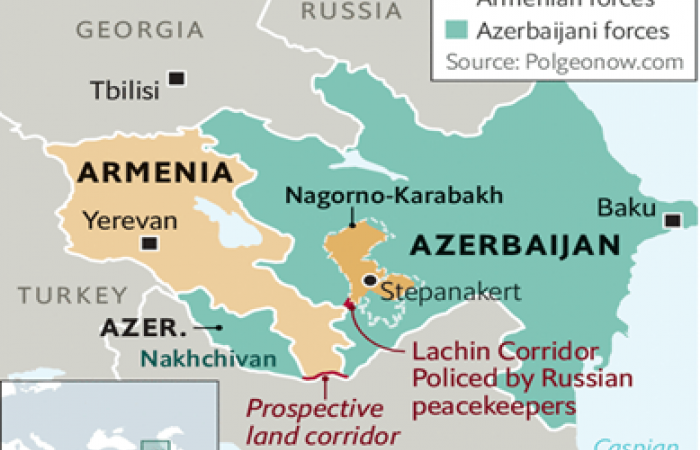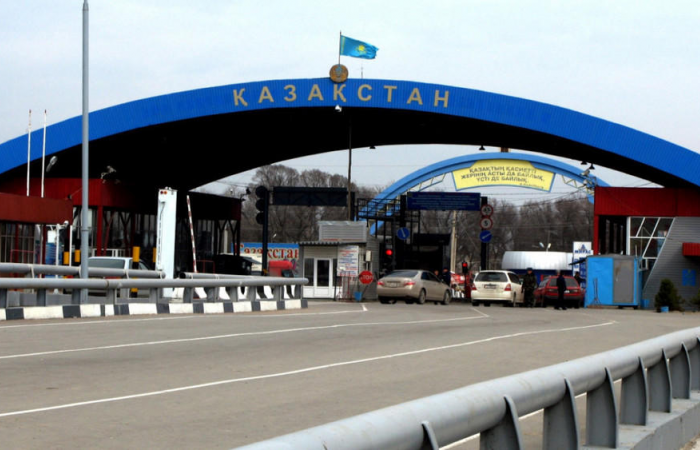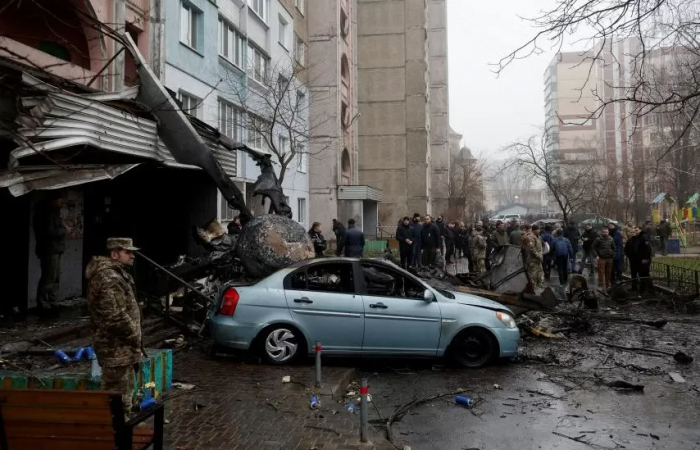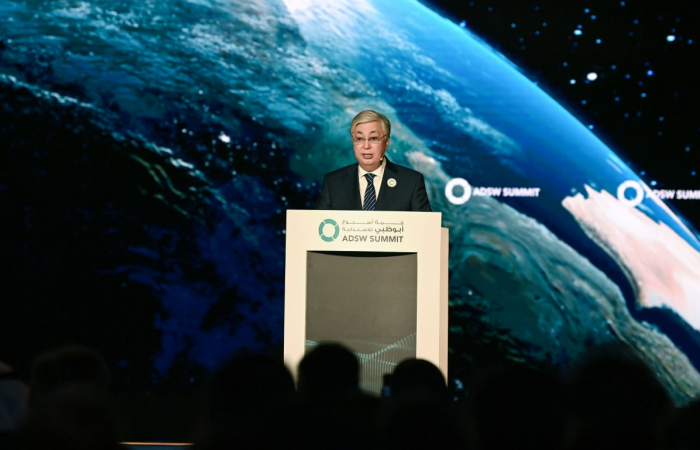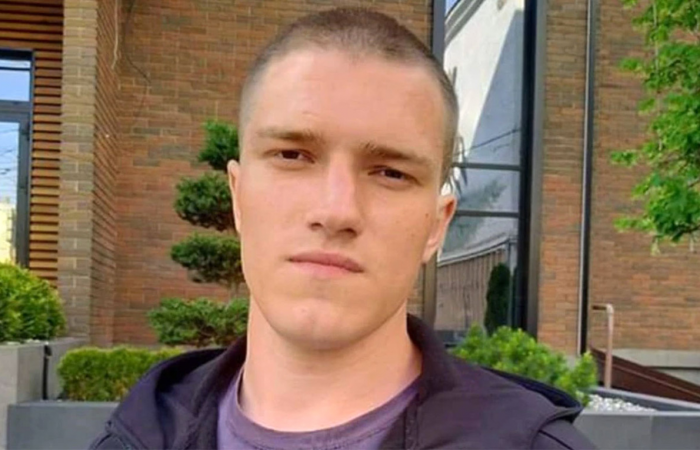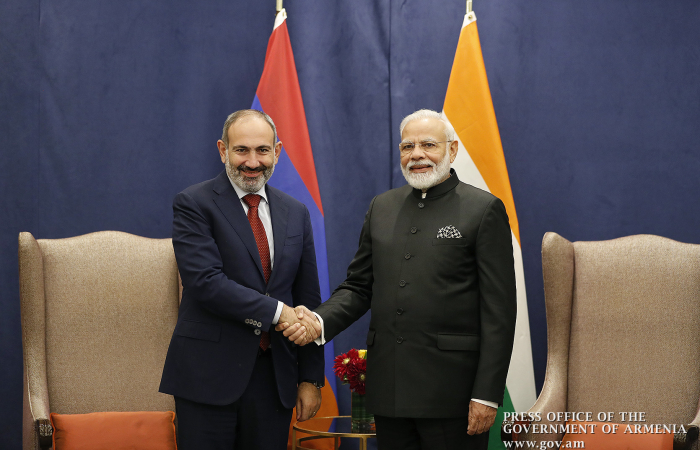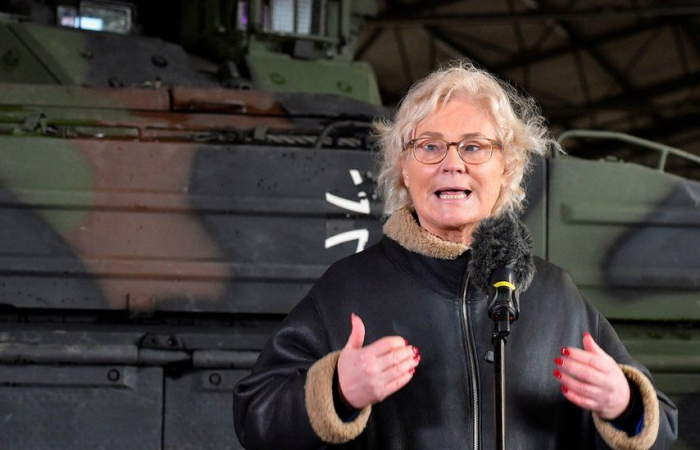Trending
European Council President Michel heads to Kyiv amid calls to send Ukraine tanks
19 January 2023
The President of the European Council Charles Michel is in Kyiv, announcing his arrival on Twitter on Thursday morning (19 January).
In a video, he said:
"I am on my way to Kyiv because I will have the occasion to meet again with the President Volodymyr Zelensky and the Prime Minister, and members of parliament. And we know that the Ukrainians are resisting, and they are fighting. They are fighting for their land, they are fighting for the future, and for the future of their children. We all know they are also fighting for our common European values and principles. And also for the promise of European Union peace and prosperity. They need and deserve our support, and that is why we will discuss with President Zelensky and his team what are the measures we can develop in order to make sure they are stronger and more powerful."
In a speech to the European Parliament yesterday (18 January), President Michel explicitly expressed his support for supplying Ukraine with tanks, saying: "The time is now. They urgently need more equipment and I'm personally in favour of supplying tanks to Ukraine."



